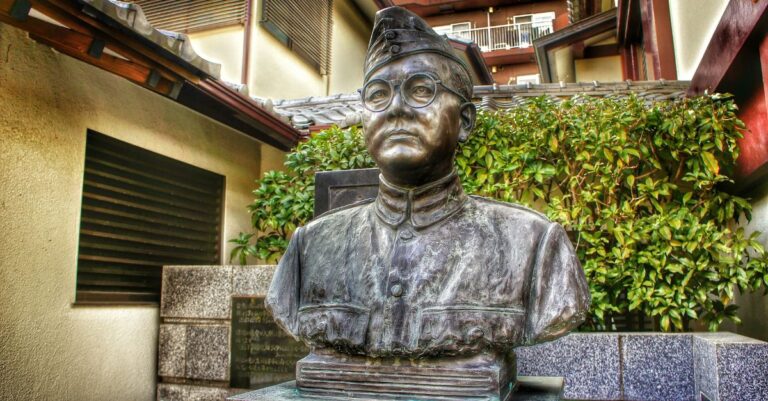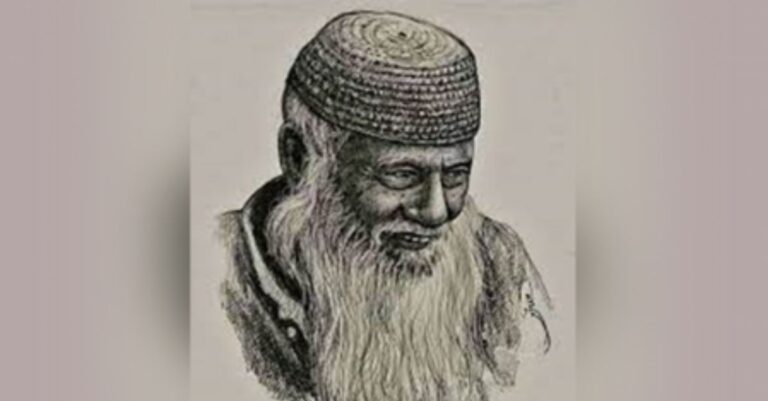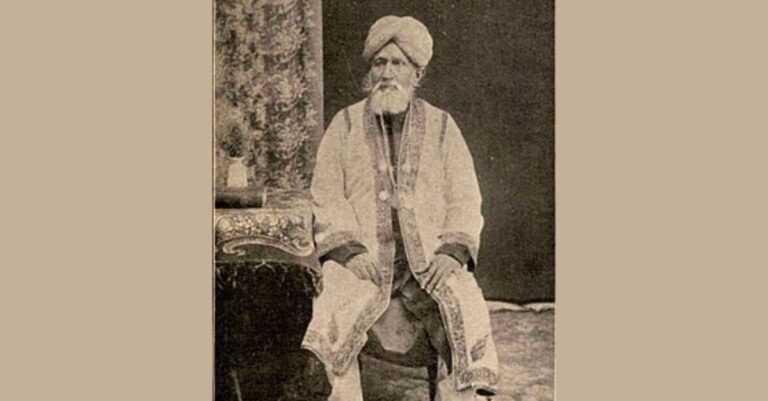Pilger’s family announced his passing on Saturday, in London. He was 84.
“His journalism and documentaries were celebrated around the world, but to his family and friends he was simply the most amazing and loved Dad, Grandad and partner. Rest in Peace,” the announcement was made on X.
It is with great sadness the family of John Pilger announce he died yesterday 30 December 2023 in London aged 84. His journalism and documentaries were celebrated around the world, but to his family he was simply the most amazing and loved Dad, Grandad and partner. Rest In Peace. pic.twitter.com/j90QTAPgzC
— John Pilger (@johnpilger) December 31, 2023
Pilger, who was born and grew up in Sydney, Australia, eventually relocated to England in the early 1960s where he worked for various news outlets including Reuters, and London’s Daily Mirror. He was also Editor-in-Chief and founder of News on Sunday, London.
As chief correspondent, Pilger reported from all over the world, covering numerous conflicts, notably Vietnam, Cambodia and the Middle East. Still in his twenties, he became the youngest journalist to receive Britain’s highest award for journalism, Journalist of the Year. He was the first to win it twice.
When Pilger moved to the United States, he reported the upheavals there in the 1960s and 1970s, marching “with America’s poor from Alabama to Washington, following the assassination of Martin Luther King,” states the biography on his website.
A Critic of the Empire
Pilger began his film career in British television in 1970. His first documentary, The Quiet Mutiny, “is credited with disclosing to a worldwide audience the internal disintegration of the US army in Vietnam.”
A fierce critic of “empire, its facades and the enduring struggle of people for their freedom,” as Pilger begins his book Freedom Next Time, he produced challenging films and documentaries for decades, more than 60 in total.
These won him Academy Awards in Britain and the United States.
Pilger also produced several books, including Freedom Next Time; Tell Me No Lies, The New Rulers of the World; and Hidden Agendas in which he “strips away the layers of deception, dissembling language and omission that prevent us from understanding how the world really works.
Friend of Palestine
Pilger’s work on occupied Palestine was particularly notable having written extensively about and highlighting the occupation and oppression of its people over the years, through books and documentaries.
He produced two award-winning documentaries, almost 30 years apart (1974 and 2002), titled Palestine is Still the Issue. “His point was that, in the course of a generation, a great injustice remained unchanged and urgent,” his website states.
His 1974 film described the flight and expulsion of almost a million Palestinians, who became refugees in their own land – at the creation of the state of Israel in 1948.
On his return to film his 2002 documentary, he said:
‘What has changed is that the Palestinians have fought back. Stateless and humiliated for so long, they have risen up against Israel’s huge military regime, although they themselves have no army, no tanks, no American planes and gunships or missiles… For [them], the overriding, routine of terror, day after day, has been the ruthless control of almost every aspect of their lives, as if they live in an open prison.’
He said the “curfews, controls, roadblocks and checkpoints governing their lives bear comparison with apartheid South Africa.
‘Unflinching With the Powerful’
From his time in South-East Asia, Pilger produced exclusive dispatches from Cambodia in the aftermath of Pol Pot’s reign, as well as the documentary, Year Zero: the Silent Death of Cambodia. It alerted the world to the horrors wrought by Pol Pot and his Khmer Rouge.
Known for his fearlessness in reporting, Pilger also “helped galvanize support for the East Timorese,” then under Indonesian occupation. Such was the impact of his 1994 documentary and dispatches report from East Timor, where he traveled under cover.
He held up the mirror for his own countrymen with numerous documentaries on Australia, such as The Secret Country (1983) and Welcome to Australia (1999) which “all celebrated and revealed much of his own country’s ‘forgotten past’, especially its indigenous past and present,” his website states.
In recent years, Pilger campaigned for the freedom of his friend and fellow Australian journalist and WikiLeaks founder, Julian Assange.
Paying tribute to Pilger, Assange’s wife said “he (Pilger) showed great empathy for the weak and was unflinching with the powerful.
“John was one of Julian’s most vocal champions but they also became the closest of friends. He fought for Julian’s freedom until the end,” she posted on X. “We are all Spartacus if we want to be”, he wrote in his last published piece. This was John, challenging us until the end…”
Our dear dear John Pilger has left us. He was one of the greats. A consistent ally of the dispossessed, John dedicated his life to telling their stories and awoke the world to the greatest injustices. He showed great empathy for the weak and was unflinching with the powerful.… https://t.co/4ENQMwq5Os pic.twitter.com/L986CI3MlJ
— Stella Assange #FreeAssangeNOW (@Stella_Assange) December 31, 2023
Amongst Pilger’s various awards are the prestigious Sophie Prize for ’30 years of exposing injustice and promoting human rights.’ In 2009, he was awarded Australia’s human rights prize, the Sydney Peace Prize.
Pilger’s final award was the Gary Webb Freedom of the Press Award 2023, “For a lifetime of exposing injustice, afflicting the powerful and defending Press Freedom in his films, books and articles.”
Moral Institution
“John has been a dear friend of Palestine, the Palestinian people and the Palestine Chronicle throughout the years,” Ramzy Baroud, a Palestinian author, journalist and editor of the Palestine Chronicle said.
“He has been a major influence on independent journalists who stood for something other than fame, prestige and money. When I met him for the first time, years ago, I told him that he was my greatest influence in journalism,” Baroud added.
“John Pilger is not just a person, but an institution of morally-founded journalism and intellect. The world was better with him. He will be sorely missed, from Gaza to everywhere else in the Global South and beyond.”
(with inputs from the Palestine Chronicle)




